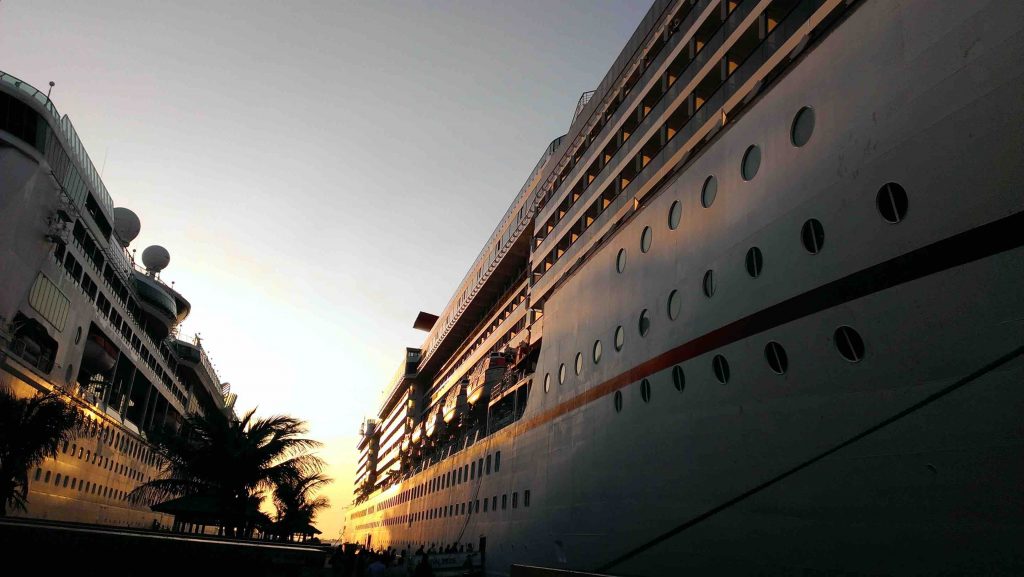
The genesis of the international cruise line industry was in the 1960s. At the time, shipping companies sought to capitalize on the growing hospitality market by creating a floating hotel that offers guests a unique experience out at sea. In fact, Royal Cruise Lines started in 1968 and Norwegian Cruise Lines in 1966.
In the more than 50 years since the start of the cruise line industry, it has grown significantly. Today, cruise ships contain swimming pools, amusement parks, bowling alleys, roller skating rinks, and more. What is more, the cruise lines offer different experiences, including options to dock on land and explore other countries. These changes have led to an increase in lawsuits filed by people who suffered injury while docked and performing cruise activities on land.
The Noble Case
In the ongoing case of Noble v. Royal Caribbean Cruises, the cruise ship docked in Maine at Acadia National Park as part of its cruise package. There, Noble disembarked and was allegedly injured on some cones. She brought suit against Royal Caribbean, though the experience at Acadia National Park was conducted by Intercruises Shoreside and Port Services, or ICS.
While Royal Caribbean did not operate the shoreside aspect of the cruise, Noble claimed that ICS was an agent of Royal Carribean. Therefore, Royal Caribbean, according to Noble, had an agency relationship with ICS and was responsible per the agency doctrine.
Royal Caribbean moved to dismiss the motion, claiming that ICS was not its agent and therefore Royal Caribbean had no obligation for ICS’s alleged mishaps.
Royal Caribbean provided evidence from the language on the ticket in regards to Acadia National Park. The cruise line provided details of the voyage in the contract that Royal Caribbean was not operating the actual shore experience. Therefore, Royal Caribbean claims that it has no agency relationship with ICS and is consequently not liable for the plaintiff’s injuries.
The District Court dismissed Royal Caribbean’s motion to dismiss on the agency issue and stated that the issue must be litigated at trial. Specifically, while noting that the language distinguishes how Royal Caribbean is not operating the shore experience, such evidence is not sufficient to prove, at the motion to dismiss stage of the litigation, that there are not other factors wherein a court may conclude that there is an agency relationship.
Furthermore, another triable issue is whether there was an “apparent agency” relationship between Royal Caribbean and ICS. If it was reasonable to believe that the independent contractor was an agent of the principal, apparent agency may exist. Noble may have been justified in her belief that ICS was an agent of Royal Caribbean. A full court case is required to determine the outcome of the proper application of these issues.
If you have been hurt in an accident aboard a cruise ship, know that you have rights. Contact the Kolodny firm, a maritime injury law firm.

